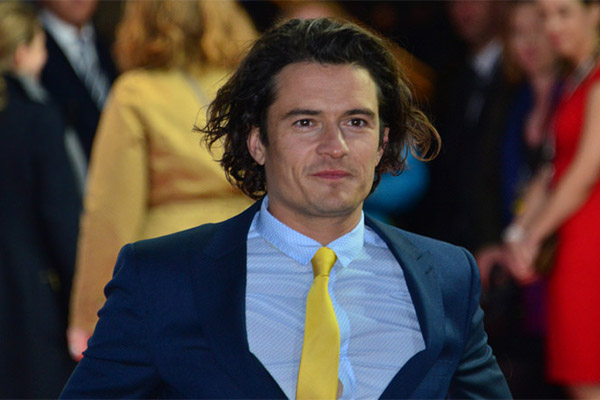Turning dyslexia into a competitive advantage.
Table of Contents
ToggleOrlando Bloom is famous for his roles in “Pirates of the Caribbean” and “The Lord of the Rings,” among others, but not many people are aware of the challenges he faced from a very early age due to his Dysexia.
An IQ test administered when he was seven years old verified the fact that Bloom had a high IQ, yet he struggled with reading and spelling. Like so many children learning to read , Bloom hid his Dyslexia from friends, taking extra classes and working hard to keep up.
Still, there were times he hated school because of the academic struggle. According to Bloom “I was an angry child at times. I was frustrated with the learning disability.
It makes you feel stupid; you just don’t feel smart. Somewhere in
With the help of his mom…
Bloom had a very supportive mother who recognized his difficulties at, early age and gave him the support, motivation, and guidance he needed to succeed.
Besides practicing reading with him to the point he felt more confident, she also found ways to motivate him, including the promise of a motorbike if he read 50 books. “I never got to 50 books and I never got a motorbike until I was old enough to pay for it myself. But that carrot definitely helped; she did that with me a lot,” says Bloom.
From the classroom to the big screen
Classically trained at London’s Guildhall School of Music and Drama, Orlando was cast shortly after his graduation in 1999 as the elf, Legolas, in the feature film trilogy The Lord of the Rings. The film came out in 2001 and Bloom’s acting career was launched.
Though he was cast in many roles, he is probably best known as Will Turner in the swashbuckling adventures Pirates of the Caribbean: The Curse of the Black Pearl (2003) and its sequels Dead Man’s Chest (2006) and At World’s End(2007).
Discovering innovations for Dyslexia
When Orlando attended the annual Adam Katz Memorial Lecture, an annual event which is designed to raise awareness of dyslexia and attention-deficit hyperactivity disorder (ADHD), he was pleasantly surprised to learn how assistive technology can help a dyslexic cope more readily with the challenges they face.
Who says you’re not smart enough?
The greatest barriers to helping children with dyslexia and co-occurring mental health disorders are
“No child should be left behind” is a wonderful ideal, but when children who are suffering from learning disorder and psychiatric disorders are judged negatively, or denied recognition that their conditions are real, it is worse than leaving children behind: it is instilling in them the feeling that they’re somehow unworthy or not trying hard enough. This is unacceptable and must be addressed.
As Bloom advises children with learning disabilities such as Dyslexia, “just hold on to your dreams and never ever think that you’re not good enough or that you’re stupid. Never let anyone tell you that you’re not capable. We’re all the same, we’re all equal and we all deserve a shot. Take this obstacle and make it the reason to have a big life, because if you can overcome this obstacle you are going to be that much further ahead than anyone else.
It takes having obstacles to learn and grow and be better. The challenge of kids with dyslexia —the challenge of climbing that mountain—is something that you can make your own and make it a reason to be a winner in life.” (Source: HuffPost)


